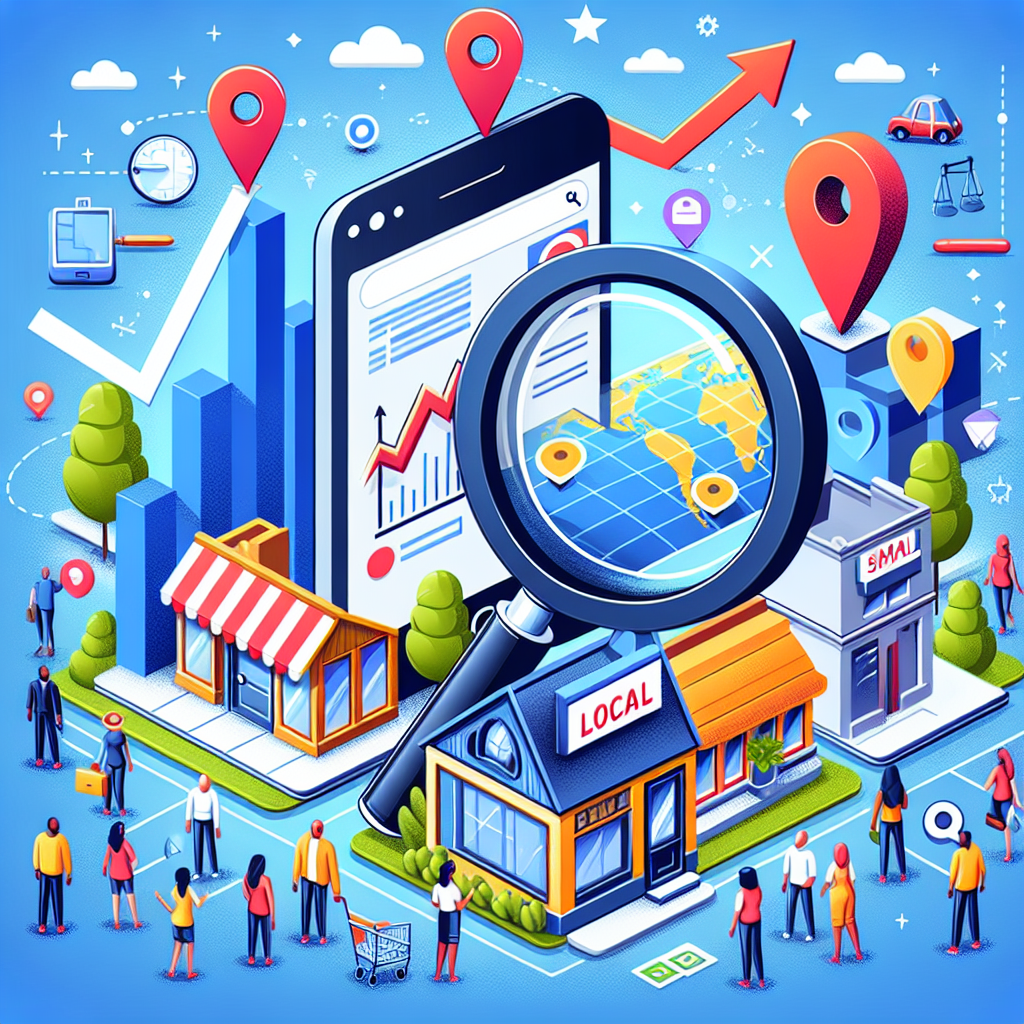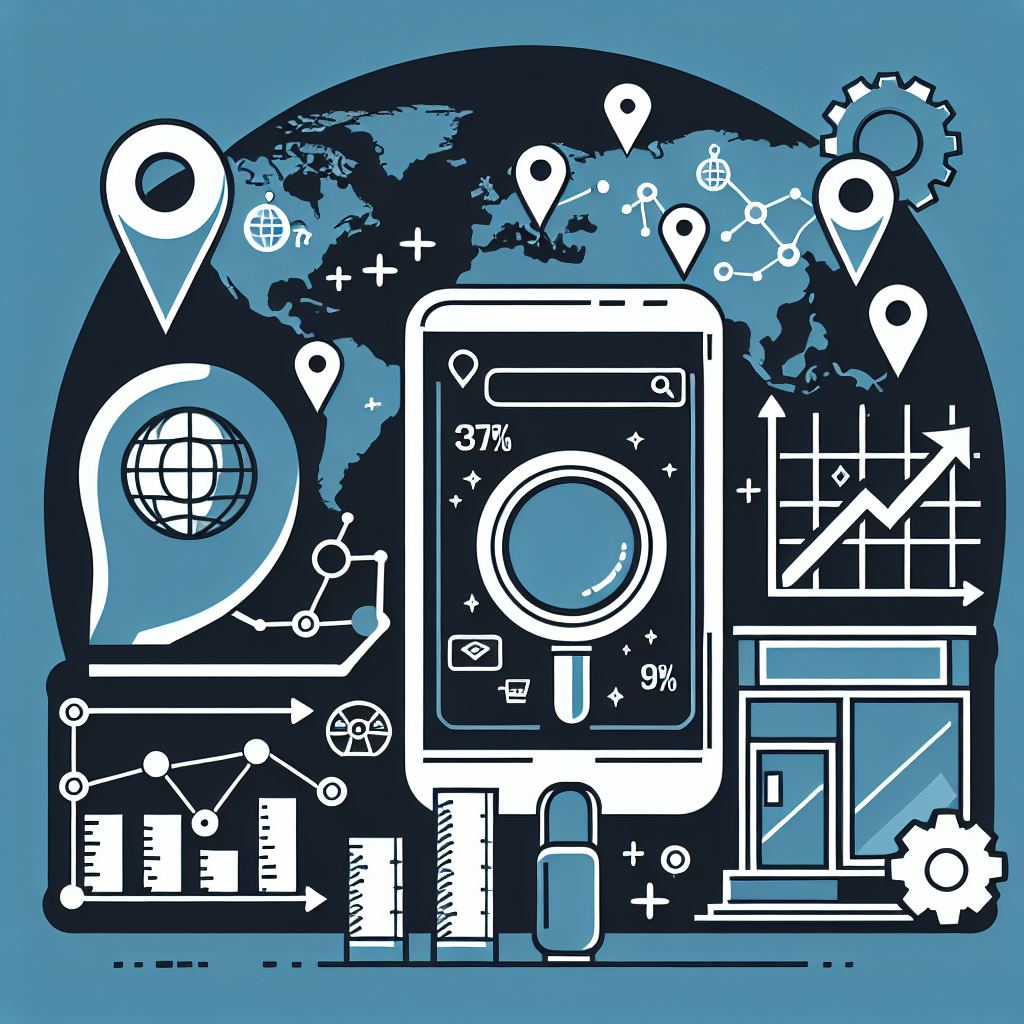The Art of Sales: Techniques for Success
Understanding the Sales Process
A comprehensive understanding of the sales process is crucial for any salesperson aiming for success. The sales process is a series of steps that guide a potential customer from the initial contact to the final purchase. It involves identifying prospects, engaging with them, understanding their needs, presenting solutions, handling objections, and closing the deal. Mastering each stage of this process can significantly enhance your ability to convert leads into loyal customers.
The Sales Funnel
The sales funnel is a visual representation of the customer journey, from awareness to purchase. It is divided into several stages: awareness, interest, consideration, intent, evaluation, and purchase. Each stage represents a different level of engagement and commitment from the prospect. Understanding the sales funnel helps salespeople tailor their approach to meet the needs of the customer at each stage, ultimately guiding them towards making a purchase.
Building a Sales Pipeline
Creating and managing an effective sales pipeline is essential for tracking prospects and ensuring a steady flow of potential customers. The first step is to identify and qualify leads, ensuring they fit your target market. Next, engage with these leads through personalized communication and build relationships. Regularly update your pipeline to reflect the current status of each lead, and prioritize follow-ups based on their position in the sales funnel. An organized sales pipeline helps you stay on top of your sales activities and increases your chances of closing deals.
Essential Sales Techniques
To achieve success in sales, mastering key techniques is essential. These techniques not only help in closing deals but also in building long-term relationships with customers.
Active Listening
Active listening is a critical skill for any salesperson. It involves fully concentrating, understanding, responding, and remembering what the customer is saying. By practicing active listening, you can better understand the customer's needs, concerns, and preferences. This allows you to tailor your pitch and offer solutions that genuinely address their pain points. Techniques such as paraphrasing, asking open-ended questions, and providing feedback can enhance your active listening skills.
Consultative Selling
Consultative selling is about positioning yourself as a trusted advisor rather than just a salesperson. This approach involves understanding the customer's business, challenges, and goals, and offering solutions that add real value. By focusing on the customer's needs and providing expert advice, you build trust and credibility. This not only increases the likelihood of closing the deal but also fosters long-term relationships and repeat business.
Storytelling in Sales
Storytelling is a powerful tool in sales. It helps you connect with customers on an emotional level and make your pitch more compelling. By sharing stories that illustrate how your product or service has helped others, you can create a vivid picture of the benefits and outcomes. Effective storytelling involves using relatable characters, a clear narrative, and a strong emotional appeal. This technique can make your message more memorable and persuasive.
Leveraging Technology in Sales
Modern technology has revolutionized the sales process, making it more efficient and effective. Leveraging the right tools can enhance your sales efforts and improve your overall performance.
CRM Systems
Customer Relationship Management (CRM) systems play a crucial role in tracking and managing customer interactions. A CRM system helps you organize customer data, track communication history, and manage follow-ups. It provides valuable insights into customer behavior and preferences, enabling you to tailor your approach and improve customer satisfaction. By centralizing all customer information, a CRM system ensures that you never miss an opportunity to engage with a prospect or follow up on a lead.
Sales Automation Tools
Sales automation tools can significantly streamline your sales process by automating repetitive tasks. These tools can handle tasks such as email marketing, lead scoring, and follow-up reminders, freeing up your time for more strategic activities. Automation tools can also provide analytics and reporting, helping you track your performance and identify areas for improvement. By reducing manual work and increasing efficiency, sales automation tools can boost your productivity and help you close more deals.
Building Strong Customer Relationships
Developing and maintaining strong relationships with customers is key to long-term sales success. Strong relationships lead to customer loyalty, repeat business, and positive word-of-mouth referrals.
Personalization
Personalized communication and offers can significantly enhance customer loyalty. By tailoring your messages and offers to the individual needs and preferences of each customer, you show that you value them as individuals. Personalization can be achieved through data analysis and segmentation, allowing you to deliver relevant content and offers at the right time. This approach not only improves customer satisfaction but also increases the likelihood of repeat purchases.
Follow-Up Strategies
Effective follow-up is crucial for keeping the conversation going and closing more deals. Follow-up strategies should be timely, relevant, and personalized. Regularly check in with prospects to address any concerns, provide additional information, and reinforce the value of your offering. Use a mix of communication channels, such as email, phone calls, and social media, to stay top of mind. Consistent and thoughtful follow-up can help you build trust and move prospects closer to making a purchase.
Overcoming Sales Objections
Handling and overcoming sales objections is a critical skill for any salesperson. Objections are a natural part of the sales process, and how you respond to them can make or break the deal.
Identifying Objections
The first step in overcoming objections is to identify and understand their root causes. Common objections include concerns about price, product fit, and timing. By actively listening to the customer and asking probing questions, you can uncover the underlying issues and address them effectively. Understanding the customer's perspective allows you to tailor your response and provide solutions that alleviate their concerns.
Reframing Objections
Reframing objections involves turning them into opportunities to reinforce the value of your offering. For example, if a customer is concerned about the price, you can highlight the long-term cost savings and return on investment. If they are unsure about the product fit, you can provide case studies and testimonials from similar customers. By reframing objections in a positive light, you can build confidence and move the conversation forward.
Continuous Improvement in Sales
Ongoing learning and development are essential for staying competitive in sales. Continuous improvement helps you refine your skills, stay updated on industry trends, and adapt to changing customer needs.
Sales Training Programs
Regular sales training programs can provide valuable knowledge and skills to enhance your performance. Training programs can cover a range of topics, from product knowledge and sales techniques to communication skills and emotional intelligence. Choosing the right program depends on your specific needs and goals. Look for programs that offer practical, hands-on training and opportunities for real-world application.
Analyzing Sales Performance
Analyzing your sales performance is crucial for identifying areas for improvement. Regularly review your sales metrics, such as conversion rates, average deal size, and sales cycle length. Use this data to identify patterns and trends, and pinpoint areas where you can improve. Setting specific, measurable goals and tracking your progress can help you stay focused and motivated. Continuous analysis and improvement ensure that you are always striving to reach your full potential.
The Role of Emotional Intelligence in Sales
Emotional intelligence (EI) plays a significant role in sales success. EI involves recognizing and managing your own emotions, as well as understanding and influencing the emotions of others.
Self-Awareness
Self-awareness is the foundation of emotional intelligence. It involves recognizing your own emotions, strengths, and weaknesses, and understanding how they impact your behavior and interactions with others. By being self-aware, you can manage your emotions effectively and respond to challenges with a clear and focused mind. This self-awareness allows you to build stronger relationships with customers and navigate the sales process with confidence.
Empathy
Empathy is the ability to understand and share the feelings of others. In sales, empathy helps you connect with customers on a deeper level and understand their needs and concerns. By putting yourself in the customer's shoes, you can tailor your approach to address their specific pain points and offer solutions that resonate with them. Empathy builds trust and rapport, making it easier to establish long-term relationships and close deals.











